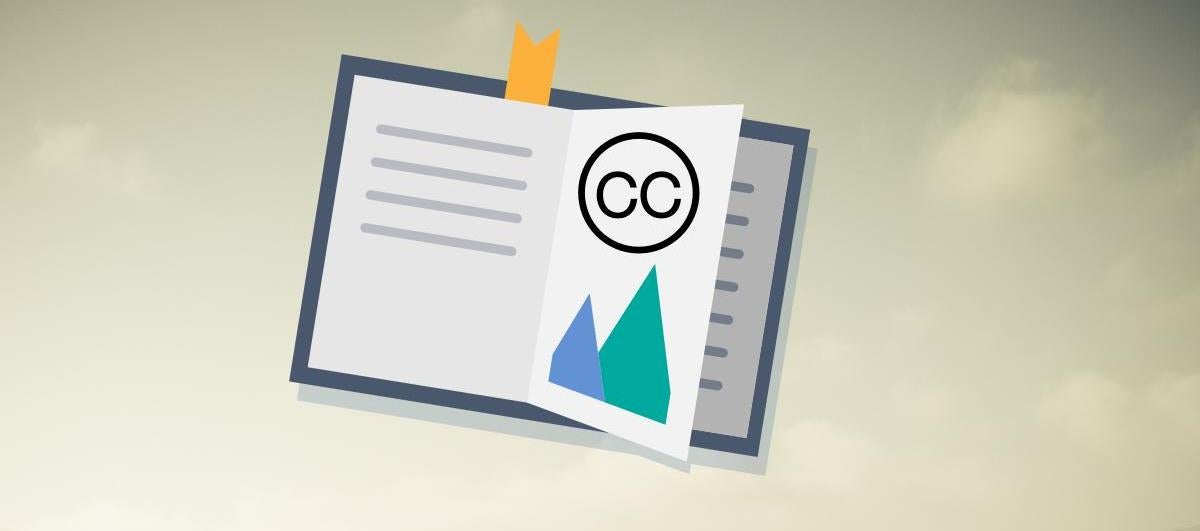By Alyson Williams, Embedded Librarian Team Leader at the Felipe Herrera Library – IDB
Recently, the Inter-American Development Bank (IDB) opened its knowledge by adopting Creative Commons (CC) licenses for all IDB Publications. Starting January 2015, working papers, technical notes, books, monographs, dataset and databases published after January 1 by the IDB will have a Creative Commons License by default.
What is Creative Commons?
Creative Commons is a nonprofit organization that enables the sharing and use of creativity and knowledge through free legal tools. As mentioned in a previous blogpost, there are different types of Creative Commons licenses.
The CC copyright licenses have been around since 2002 and seek to increase the number of works (publications, images, music, etc.) available in the public domain. CCs licenses are built on copyright and detail how others may use the content, moving away from the “all rights reserved” toward “some rights reserved.” These licenses are much less restrictive than traditional copyright licenses; they allow the public to more easily engage with, reuse, edit, and distribute content legally.
What type of licenses are out there?
There are many different CC licenses available. There are country-based and international licenses available. Licenses range from fully open (you just have to indicate who created
the work originally) to some rights reserved (you can reproduce the exact work without asking for permission). Click on the image below to learn more about each license type:

As mentioned earlier, the IDB publications are now published under Creative Commons. Specifically, IDB publications have either the CC BY-NC-ND or the CC BY-NC-SA. In the CC BY-NC-ND, you can download the IDB publications and share them, without charge or changes and recognizing the IDB as the source. Publications with the CC BY-NC-SA can be reshaped, adapted and modified as long as the work is non-commercial, credits the IDB and licensed under the same CC BY-NC-SA license.
Who uses CC?
It’s likely that you have already come across content under CC. For example, the photo site Flickr, Wikimedia Commons, and YouTube offer content that uses CC licenses. There are even some artists such as Nine Inch Nails that are choosing to release albums under Creative Commons.
The IDB is just one of many Intergovernmental Organizations (IGO) that are joining Creative Commons. Other IGOS using CCs include the World Bank, the United Nations, and the European Space Agency. By opening their knowledge through CC, IGOs can maximize the dissemination of their content and reduce the number of requests received for permission to reuse or reproduce their content. Each CC license explicitly details how you can use their content all the while ensuring that the IGO receives credit for the knowledge they produced.
Many governments around the world, including Latin America, utilize Creative Commons:
Argentina
City of Buenos Aires official website (CC-BY)
Brazil
Open government data portal (CC BY-SA)
Chile
Chilean Government Official Site (CC BY)
The Library of the National Congress (CC BY-NC-SA)
Among other governmental sites
Guatemala
Photos from the Government of Guatemala (CC BY-NC-SA)
Mexico
President Felipe Calderon Website (BY-NC-ND)
Venezuela
Canaima Project (CC BY-NC-SA)
You can look for the logo ![]() and start creating!
and start creating!


Leave a Reply